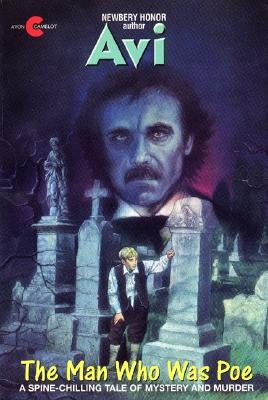Jack (Not Jackie)
$17.99
The Lost Cousins
$19.99
Shy
$18.99
How to Hug an Elephant
$6.99
The Secret Room
$6.99
The Bungalow Mystery
$7.99
Dragon Healer
$6.99
School of Mischief
$6.99
Twirling Tails
$5.99
A Tale of Two Tails #15
$6.99
Look! I Can Read!
$5.99
Pearls of Lutra
$9.99
Outcast of Redwall
$7.99
Fish Face
$6.99
Tucket's Home
$6.99
Munsch More!
$24.99
Hansel and Gretel
$18.99
Berlioz the Bear
$18.99
Draw Me a Star
$18.99
Our Granny
$7.99
The Annotated Secret Garden
$35.00
Rain
$8.99
Can You See Me?
$9.99
The Key to the Indian
$9.99
The Man Who Was Poe
$7.99
Sister of the Bride
$9.99
Mad Scientist
$12.99
Alice in Wonderland
$5.99
Love, Aubrey
$9.99
Outcast
$18.99










![No Biting! [With 1 Full Page of Stickers] by Katz, Karen](http://surprisecastle.com/cdn/shop/files/img_04f25b73-9ae7-4772-b9ed-3ce8be2d2131.jpg?v=1730974609&width=533)









































